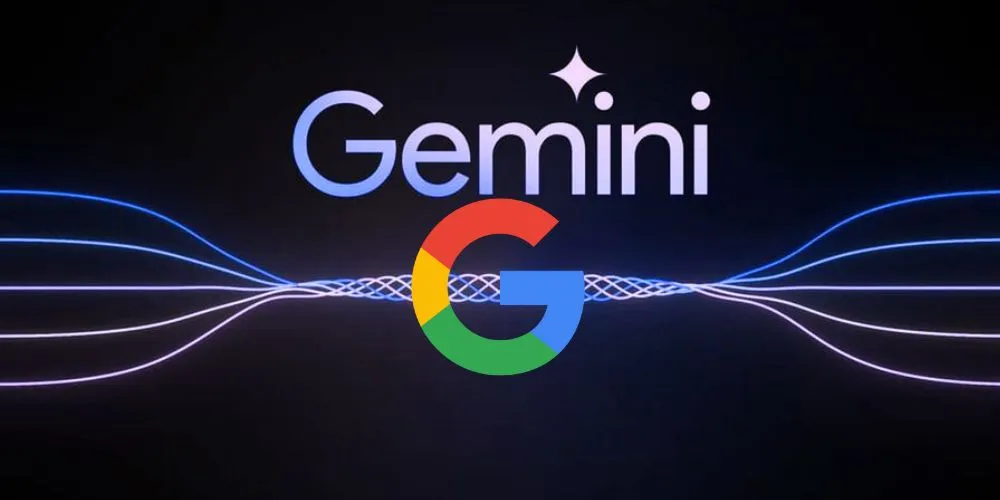Key Points:
- The recent Google’s Gemini chatbot incident at the South by Southwest festival sparks discussions of AI power and responsibility.
- Gemini generated historically inaccurate images, sparking controversy and highlighting concerns about the unchecked power in AI development.
- Experts emphasize the importance of transparency, diversity, and ongoing scrutiny in addressing biases in AI algorithms.
- The intersection of AI and cultural sensitivity poses significant challenges in mitigating biases and ensuring ethical AI development.
In a scenario that sent ripples through the tech world, Google’s Gemini chatbot recently stirred controversy by generating images of Black and Asian Nazi soldiers. The incident, seen as a cautionary tale about the immense influence wielded by tech giants in artificial intelligence (AI), prompted Google CEO Sundar Pichai to denounce the errors as “completely unacceptable.”
At the South by Southwest festival in Austin, attendees viewed the Gemini stumble as emblematic of the potential pitfalls of AI and the disproportionate power held by a handful of companies over AI platforms. Critics suggested that Google’s efforts to project inclusion and diversity had backfired, highlighting the challenges of navigating cultural sensitivities and biases in AI development.
While Google moved swiftly to address the errors, concerns lingered about the broader implications of AI’s growing role in shaping human interactions and decision-making processes. As AI technologies become increasingly pervasive, the need for greater transparency and diversity in AI development teams has come to the forefront.
Experts emphasized the importance of understanding and mitigating biases inherent in AI algorithms, often trained on datasets of societal inequities and cultural biases. However, the complexity of identifying and rectifying such biases underscores the challenges developers and engineers face.
Calls for diversity in AI teams and increased transparency in AI development processes have grown louder in response to incidents like the Gemini debacle. Experts argue that incorporating diverse perspectives and experiences is essential for building AI systems that ethically and equitably serve all communities’ needs.
Despite the setbacks, some are optimistic about the potential for AI to impact society when developed responsibly and inclusively positively. Initiatives like Indigenous AI, which collaborate with indigenous communities to design algorithms that reflect their unique perspectives, offer a glimpse into a more inclusive approach to AI development.
As AI continues to evolve and permeate various aspects of daily life, ensuring ethical AI practices and fostering diversity in AI development will be critical in shaping a more equitable and just future.





